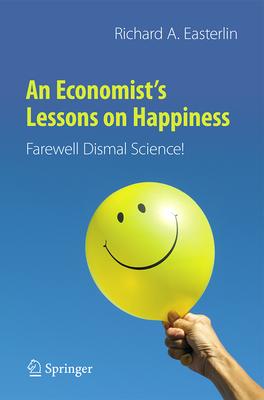Once called the "dismal science," economics now offers prescriptions for improving people's happiness. In this book Richard Easterlin, the "father of happiness economics," draws on a half-century of his own research and that conducted by fellow economists and psychologists to answer in plain language questions like: Can happiness be measured? Will more money make me happier? What about finding a partner? Getting married? Having a baby? More exercise? Does religion help? Who is happier--women or men, young or old, rich or poor? How does happiness change as we go through different stages of life?
Public policy is also in the mix: Can the government increase people's happiness? Should the government increase their happiness? Which countries are the happiest and why? Does a country need to be rich to be happy? Does economic growth improve the human lot?
Some of the answers are surprising (no, more money won't do the trick; neither will economic growth; babies are a mixed blessing!), but they are all based on reason and well-vetted evidence from the fields of economics and psychology. In closing, Easterlin traces the genesis of the ongoing "Happiness Revolution" and considers its implications for people's lives down the road.
